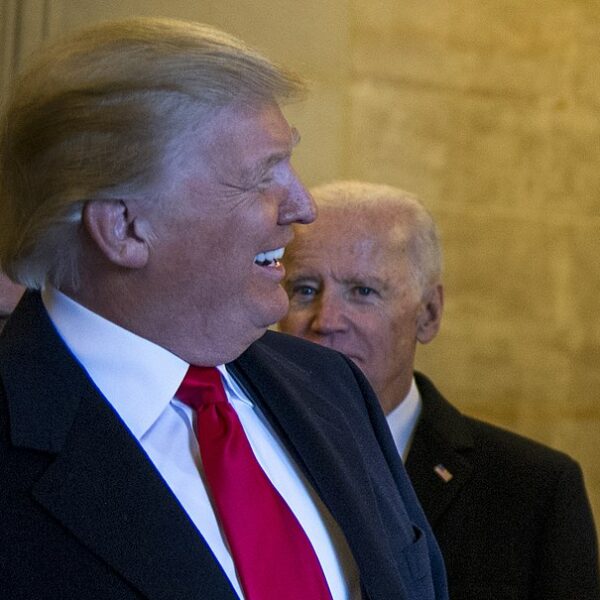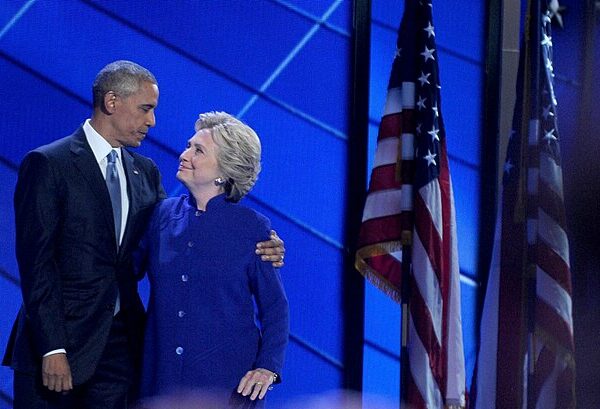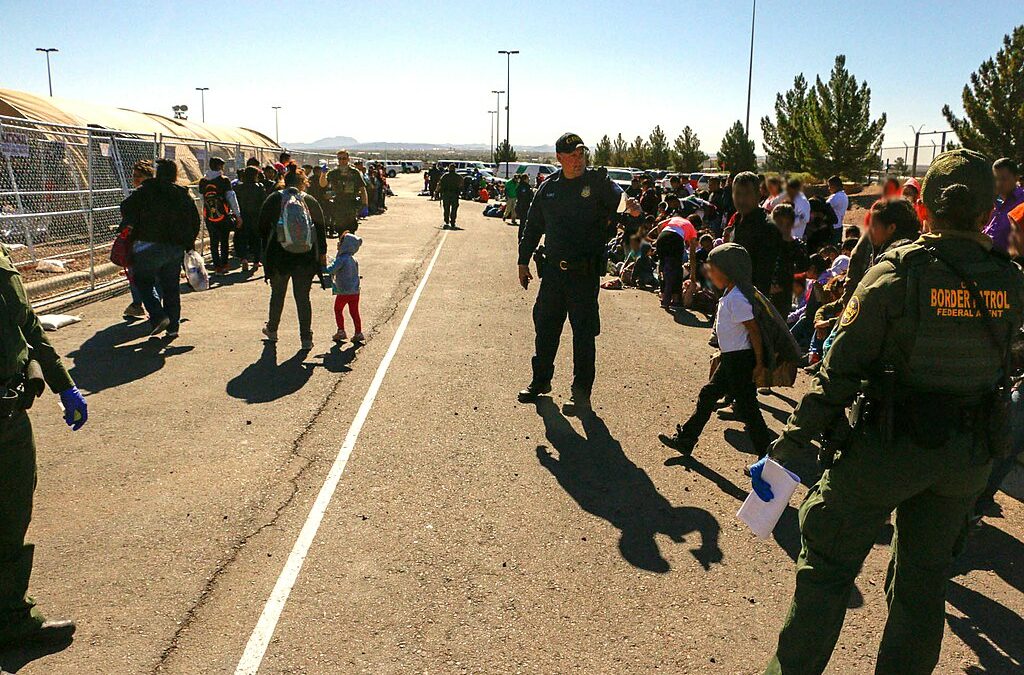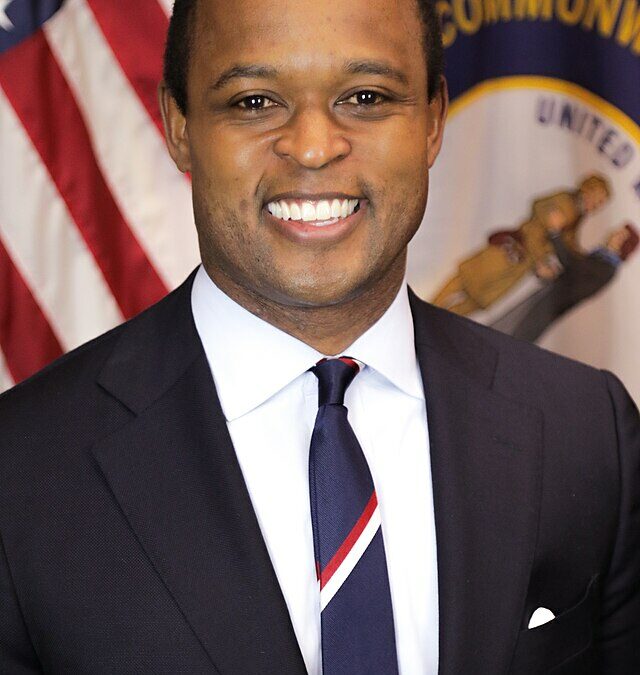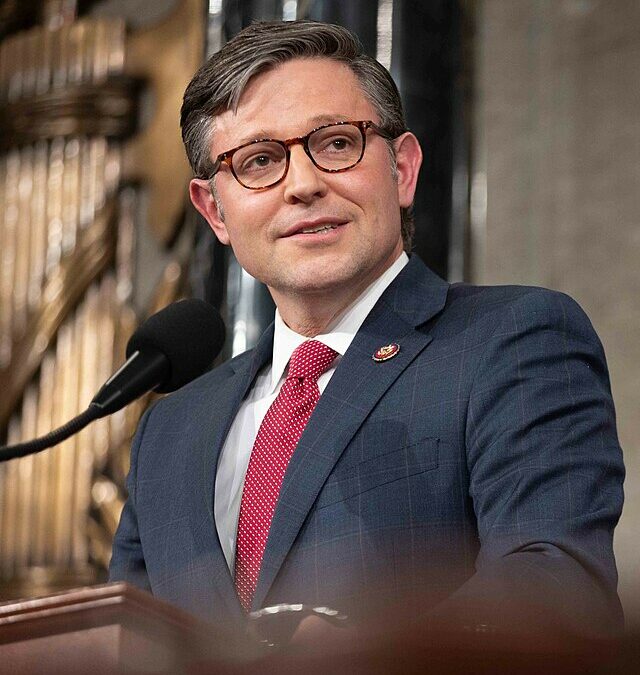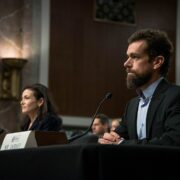
The political spectacle that has trailed David Hogg since his ascension to Democratic National Committee vice chair came to a crashing halt this week. The 25-year-old activist announced he would not seek re-election in a redo of the February 2025 vote for his position that he lost because he didn’t fit the diversity profile. The re-run, forced by a procedural challenge from within the party’s own ranks, offered Hogg an off-ramp — one he took with a blend of resignation and defiance.
The DNC’s ruling body voted on June 11 to accept a recommendation from its Credentials Committee invalidating the previous vice chair vote and ordering a new election. At issue: the original ballot combined two vice chair slots in a way critics said undermined gender balance rules — a charge that found fertile ground among delegates already uneasy about Hogg’s abrasive posture toward the party establishment.
The redo, to be held electronically from June 12–17, will include only candidates from the third round of the original February contest. With Hogg out, the remaining contenders include Pennsylvania State Rep. Malcolm Kenyatta — now the lone male in a race that, by DNC rules, requires at least one man — alongside Kalyn Free, Jeanna Repass, and Shasti Conrad.
Elected with fanfare and skepticism, Hogg quickly collided with DNC Chair Ken Martin after promising to funnel $20 million through his PAC, Leaders We Deserve, to primary sitting Democrats deemed too old or too timid to lead the party into a post-Biden future. Martin, ever the institutionalist, bristled—issuing Hogg an ultimatum: drop the PAC or step down.
“I came into this role to play a positive role in creating the change our party needs,” Hogg wrote in a statement to the New York Times. “It is clear that there is a fundamental disagreement about the role of a Vice Chair — and it’s OK to have disagreements. What isn’t OK is allowing this to remain our focus when there is so much more we need to be focused on.”
“I commend David for his years of activism, organizing, and fighting for his generation, and while I continue to believe he is a powerful voice for this party, I respect his decision to step back from his post as Vice Chair,” DNC Chairman Ken Martin said in a statement following Hogg’s announcement he would not seek reelection as DNC vice chair. “I have no doubt that he will remain an important advocate for Democrats across the map. I appreciate his service as an officer, his hard work, and his dedication to the party.”
That divide only deepened amid allegations that Hogg used proprietary DNC data — including donor files and targeting tools — to aid Leaders We Deserve, potentially violating internal ethics codes. Hogg also infuriated party brass by backing a candidate in a Northern Virginia special election, in defiance of Martin’s mandate that officers stay neutral in primaries.
Kenyatta, who had previously bested Hogg in vote tallies but now finds himself re-contesting his post under awkward circumstances, didn’t hide his irritation, wrote Fox News.
Kalyn Free, whose challenge triggered the electoral do-over, insisted her effort was about process, not personalities. “It was never about Malcolm or David but about ensuring our processes reflect our values,” she said. But those values — fairness, neutrality, generational renewal — have increasingly become contested ground.
Hogg’s brand of politics, forged in the crucible of the Parkland school shooting and carried forward by March for Our Lives, has always been more insurgent than institutional. His PAC, launched in 2023, aims to shake up Democratic complacency — though critics like James Carville have called it reckless and needlessly divisive. Funded largely by grassroots donors, but with high-dollar support from venture capitalists like Ron Conway, Leaders We Deserve has drawn both applause and alarm for its unapologetic assault on the status quo.
Now, as the DNC regroups and prepares for 2026, Hogg retreats from the party’s formal hierarchy — but not from its bloodstream. His departure leaves unresolved the very questions his rise posed: Who gets to shape the future of the Democratic Party? And how long can the old guard keep the insurgents at bay?
[Read More: DeSantis Offered Help And It Was Refused]

